We all know that narcissists just love to abuse and hurt others. But what happens when a narcissist feels hurt or abused? What happens when their self-esteem and ego gets wounded? Narcissistic injury refers to the emotional trauma a narcissist experiences when they are devalued, rejected and criticized.
And this can seriously scar the narcissist’s pride, self-worth and self-esteem. In fact, the damage can sometimes be so severe that the narcissist can never actually recover from it, leading to what is known as narcissistic scar.
Note: As narcissism lies on a spectrum, by using the term “narcissist” we mean to refer to individuals with narcissistic personality traits. However, the severity of these traits may vary from person to person.
What is narcissistic injury?
Also known as wounded ego or narcissistic wound, it refers to the psychological trauma and emotional distress that a person with narcissistic personality disorder (NPD) experiences when their sense of self-worth and self-esteem is threatened or challenged.
The term was first introduced by Sigmund Freud, who observed that individuals with narcissistic traits are particularly sensitive to criticism, rejection, or perceived threats to their self-esteem and self-worth.
As “narcissists” have a feeble self-esteem, they are exceptionally sensitive to criticism, rejection and defeat. Even though they may not openly express their “wound”, being criticized can be a traumatizing experience for them as it can make them feel empty, unworthy, devalued and humiliated. To counter these negative emotions, the narcissist may react with bitterness, anger and hatred.
Related: 10 Powerful Tactics To Put A Narcissist In Their Place
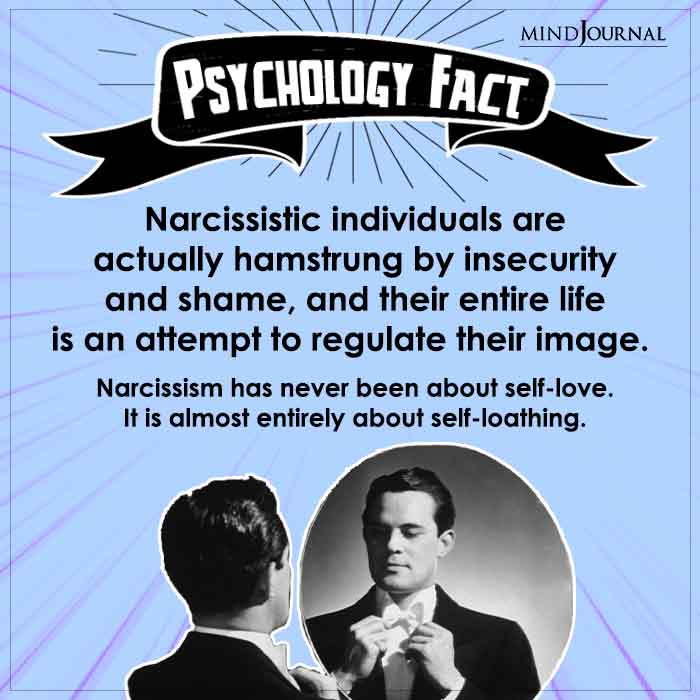
Can narcissists get emotionally hurt?
Apparently, yes. Narcissistic wound describes the emotional damage and distress that a narcissist experiences when their sense of self is threatened. Individuals with NPD are particularly sensitive to any perceived threats to their self-worth.
Narcissistic injuries can manifest in a range of emotional and behavioral symptoms, including –
- Anger
- Depression
- Anxiety
- A desire for revenge
Individuals with narcissistic personality disorder may externalize blame and view themselves as the victim of others’ actions. They may also engage in maladaptive coping strategies, such as substance abuse or self-harm, to alleviate their emotional wound and distress.
However, not all forms of criticism or rejection result in narcissistic wounds. Some narcissists may be able to accept feedback and criticism without experiencing significant emotional distress as their narcissistic traits may not be too severe.
Narcissistic individuals with a fragile sense of self-esteem may perceive any criticism as a personal attack on their character and respond with anger or defensiveness. They may also be motivated to hurt the person who wounded their ego as narcissistic injury and revenge is closely linked.
How does narcissistic wound manifest?
So how can you understand that a narcissist’s ego has been wounded? Well, a narcissist can show certain signs that can reveal how wounded they have become due to the criticism or rejection. However, this primarily depends on the intensity of the injury, severity of narcissistic traits and the individual’s personality.
Still, there are some some common narcissistic injury signs that may be observable to others, such as:
1. Defensiveness
When someone with narcissistic tendencies feels threatened or criticized, they may become defensive and lash out at others. They may try to justify their behavior, deny responsibility for their actions, or shift the blame onto others.
2. Anger and aggression
Narcissistic individuals can be prone to explosive outbursts of anger when they feel their self-esteem has been threatened. This can be directed at the person who they feel has wounded them or at others around them.
3. Withdrawal
In some cases, a narcissistic wound may cause the person to retreat and isolate themselves from others. They may become distant or cold, refusing to engage in social activities or communicate with others.
Related: 7 Phrases Used By Covert Narcissists That Reveal Who They Are
4. Grandiosity
In an effort to protect their ego, someone with narcissistic tendencies may engage in grandiose behavior or make exaggerated claims about their abilities or accomplishments. This can be a way of trying to restore their sense of self-importance.
5. Victim mentality

A narcissistic injury can sometimes lead to the individual adopting a victim mentality. They may feel sorry for themselves and believe that others are out to get them. This can be a way of avoiding responsibility for their actions and shifting the blame onto others.
These are some of the most common narcissistic injury symptoms. Narcissistic injuries can be challenging for those around the person experiencing them, as they may lead to unpredictable and difficult behavior.
It’s important to approach these situations with empathy and understanding while also setting healthy boundaries to protect oneself from any harmful behavior.
Related: Abuse The Abuser: Should You Give A Narcissist A Taste Of Their Own Medicine?
What causes narcissistic injury
Narcissists are vulnerable to narcissistic injury when they feel that their sense of self-worth and self-esteem are being undermined, whether it is real or imagined. Some common triggers that can lead to narcissistic wound in a narcissist include:
1. Criticism
Narcissistic individuals often have an inflated sense of self-importance and may react negatively to any perceived criticism or feedback, even if it is constructive. Criticism can make them feel that their sense of self-worth is threatened or challenged.
For instance, being criticized for their appearance, weight or fitness can lead to feelings of shame, humiliation, anger, and other negative emotions as their appearance is often central to their sense of self-worth. This is one of the most common examples of narcissistic injury.
2. Rejection
Narcissists crave attention and admiration from others and may feel deeply hurt when they perceive that they are being rejected or ignored. This can be particularly true in romantic relationships or in situations where the narcissist feels that they are not receiving the attention or admiration they feel they deserve.
Rejection can be a major blow to a narcissistic person’s self-esteem making them feel devalued, which can make them defensive or angry.
3. Failure
Narcissistic individuals are typically highly motivated to succeed and achieve recognition. Failure to meet these goals can be devastating and lead to feelings of inadequacy.
As they often have an inflated sense of their own abilities, narcissists may struggle with accepting failure or setbacks. When they fail at something or don’t achieve the success they desire, it can damage their self-esteem and lead to feelings of shame or embarrassment.
4. Loss of control
Narcissists have a need for control and may become agitated or defensive when they feel that they are losing control over a situation or over other people. This can lead to feelings of vulnerability and insecurity, which can trigger a narcissistic wound.

While the above mentioned factors are some of the primary reasons for narcissistic injury, there can be many other causes why a narcissist may feel wounded, such as –
Related: 10 Manipulative Strategies Used By Narcissists To Dominate You
5. Betrayal
Narcissistic individuals may expect loyalty and admiration from others, and any perceived betrayal can be deeply hurtful.
6. Accusations of dishonesty
Narcissistic individuals are often highly invested in maintaining their image, and any suggestion that they are dishonest can be a major threat to their sense of self.
7. Lack of attention
Narcissistic individuals often crave attention and admiration from others. Being ignored or overlooked can be very painful and humiliating for them.
8. Perceived disrespect
Narcissistic individuals may feel entitled to a certain level of respect or deference from others. Any perceived disrespect can be seen as a major insult to their sense of self.
9. Competitors
Narcissistic individuals may see others as rivals and feel threatened by their successes or accomplishments. This can lead to envy or a desire to undermine the other person.
A narcissist’s vulnerability to narcissistic injury is rooted in their deep-seated insecurity and need for validation from others. It is important to recognize and address these issues in order to prevent further harm to oneself or others.
Why narcissists react negatively to narcissistic wound
Narcissists may react in a variety of ways to a narcissistic wound. These reactions can range from anger and defensiveness to withdrawal and depression. Understanding why people with narcissism react this way can help us better manage their behaviors and navigate our relationships.
Here’s why narcissists behave this way to narcissistic wounds –
1. Fragile self-esteem
Narcissists often have an inflated sense of self-importance and rely heavily on external validation to maintain their fragile self-esteem. When their sense of importance or superiority is challenged, they may feel that their self-esteem has been attacked and react defensively to protect it.
Related: Are Narcissists Smarter Than Other People?
2. Need for control
Narcissistic individuals often have a need for control in their relationships and interactions. When they feel threatened, they may react with anger or aggression in an attempt to regain control.
3. Lack of empathy
Narcissists often lack empathy, which makes it difficult for them to understand or consider the feelings of others. When their sense of self is challenged, they may be more focused on their own emotional response and less able to see the impact of their behavior on others.
4. Black and white thinking
Narcissistic individuals often have a rigid, black and white view of themselves, others and the world. They may see themselves as perfect or superior and others as flawed or inferior. When their sense of self is challenged, they may struggle to reconcile this with their self-image and react defensively.
5. Fear of abandonment
Narcissists may have a deep-seated fear of abandonment or rejection due to past traumatic experiences. When their sense of importance is challenged, they may worry that others will no longer see them as valuable and may react defensively to protect their relationships.
6. Shame
Narcissists may experience shame or humiliation in response to a narcissistic wound. This can be particularly challenging for them as they have a feeble self-esteem and a need to maintain a certain image or reputation.
7. Lack of insight
Narcissistic individuals may struggle with self-awareness and may not recognize the impact of their behavior on others. This can make it difficult for them to understand why others may be upset or hurt by their reactions to a narcissistic wound.
Related: What Is An Exhibitionist Narcissist? Breaking Down The Anatomy Of The Attention-Seeking Narcissist

What to do if you have emotionally injured a narcissist
Have you inflicted a narcissistic wound on a narcissist you are in a relationship with? It’s important to take responsibility for your actions and try to repair the damage done to the person with narcissistic traits and the relationship. Here are some steps you can take to address narcissistic rage and narcissistic injury:
1. Acknowledge the hurt
Begin by acknowledging the hurt you have caused the other person. Let them know that you recognize the impact of your words or actions and that you regret causing them pain.
2. Listen actively
Give the other person a chance to express their feelings and perspective without interrupting or dismissing them. Try to listen with an open mind and avoid becoming defensive. This is perhaps the best way to deal with a narcissistic injury.
3. Take ownership
Take ownership of your behavior and avoid making excuses or deflecting blame onto the other person. Accept responsibility for your actions and apologize sincerely, if needed.
4. Offer reparations
Depending on the situation, you may want to offer some form of reparations to the narcissistic person. This could involve making amends, providing emotional support, or taking steps to prevent similar incidents from occurring in the future.
5. Be patient
It may take time for the other person to process their emotions and heal from the hurt you have caused. Be empathetic, patient and give them the space they need to work through their feelings.
6. Learn from the experience
Use this as an opportunity to reflect on your own behavior and the underlying factors that may have contributed to the narcissistic wound. Consider seeking therapy or counseling to address any issues that may have contributed to the situation, to help the narcissist and to improve the relationship.
By taking these steps, you can work towards repairing the relationship and avoiding similar incidents in the future. Dealing with narcissistic injury may be challenging but it is possible and worth it, especially when you share a close relationship with the narcissist.
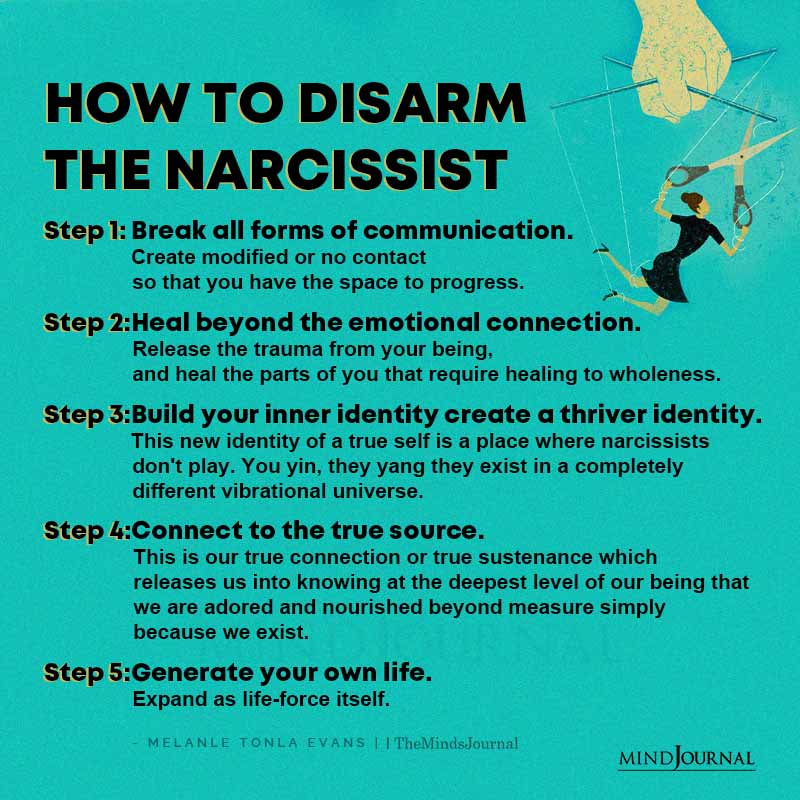
Prioritize healing from narcissistic injury
Narcissistic wounds can be incredibly challenging to manage, both for individuals with narcissism and those around them. It’s important to understand the dynamics of narcissism and how they contribute to these wounds, as well as the steps that can be taken to address them.
Whether you are dealing with a narcissistic wound yourself or have inflicted one on someone else, seeking professional help can be incredibly beneficial. Therapy or counseling can provide a safe space to explore the underlying issues that contribute to narcissistic behavior and develop strategies for managing these behaviors in a healthy way.
With the right support, it’s possible to heal from narcissistic wounds and build healthier, more fulfilling relationships.
Related: Is Narcissism Inherited? Can Narcissism Be Passed On From Parents To Children?
Frequently Asked Questions (FAQs):
How long does narcissistic injury last?
The duration of narcissistic injury varies depending on the individual and the severity of the injury. It can range from a temporary setback to long-lasting emotional distress.
How a narcissist responds to narcissistic injury?
A narcissist may respond to narcissistic injury with anger, defensiveness, blaming others, denial, or seeking revenge. They may also withdraw or try to regain control and dominance.
Do narcissists come back after narcissistic injury?
It is possible for a narcissist to come back after narcissistic injury, as they may seek to regain control or seek revenge. However, it varies depending on the individual and situation.





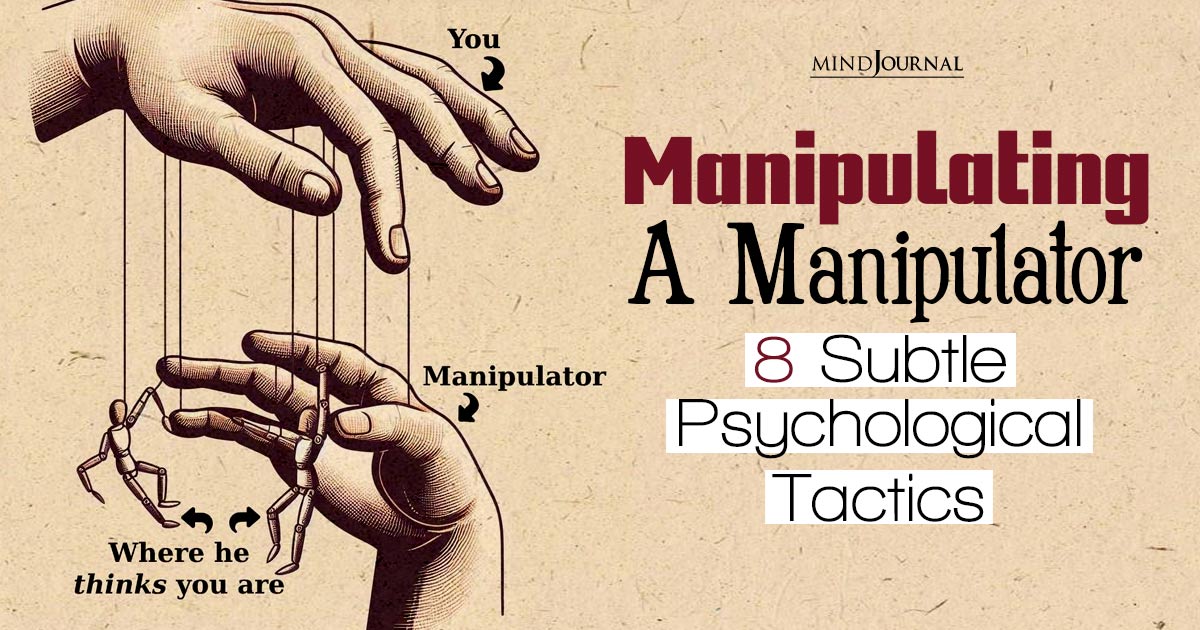
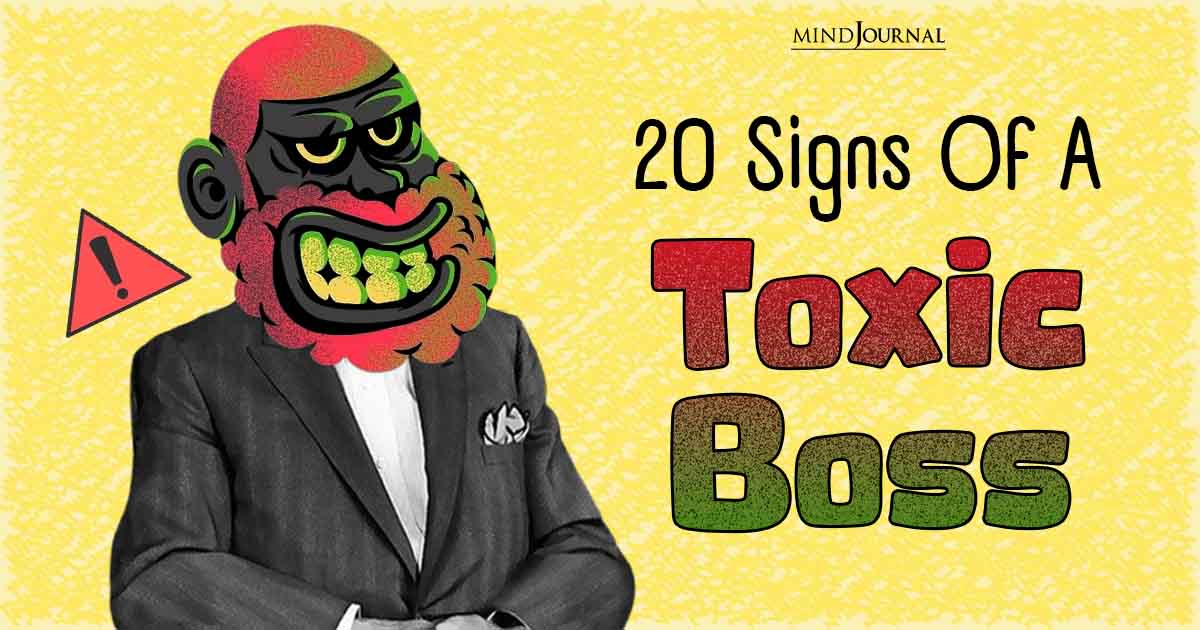


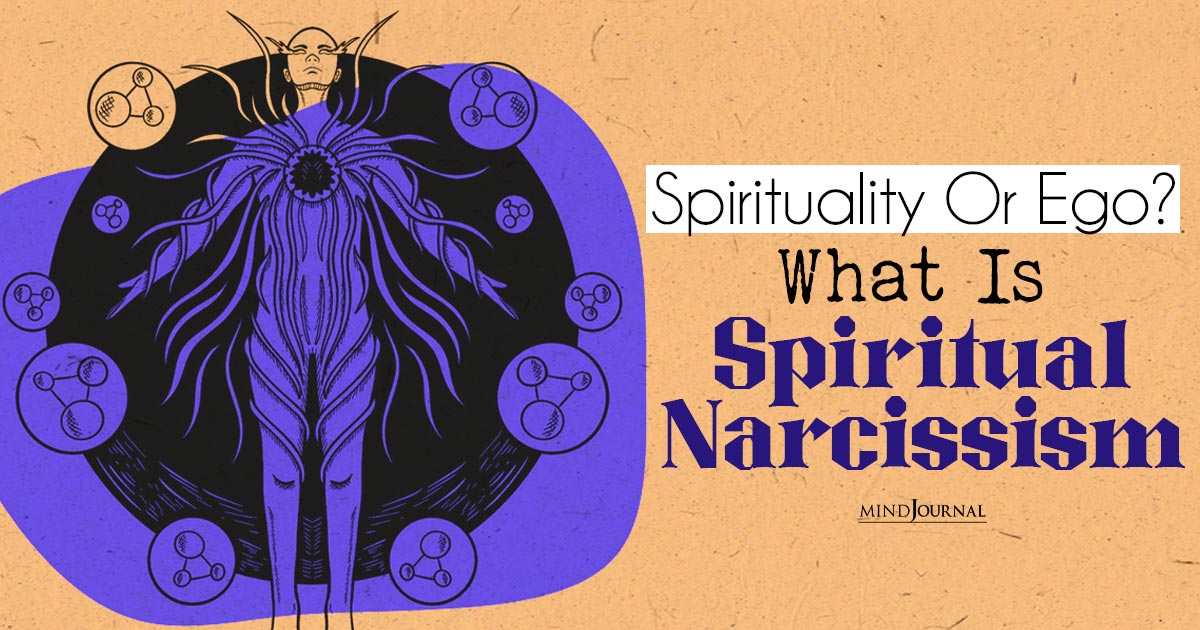
Leave a Reply
You must be logged in to post a comment.